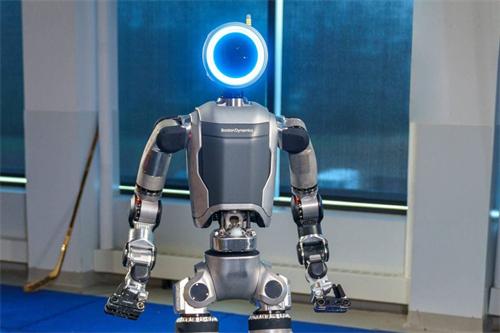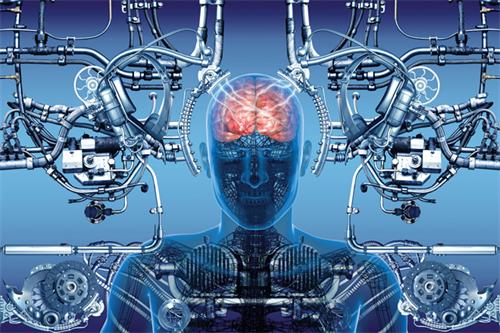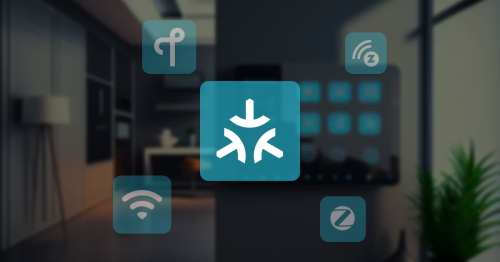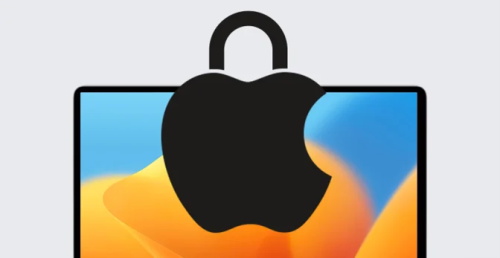Bill Gates Envisions a Future Where AI Makes Jobs Optional

Bill Gates, co-founder of Microsoft and renowned philanthropist, has long been a visionary in the realm of technology. His recent discussions on artificial intelligence (AI) suggest a transformative shift in the workforce, where AI doesn't render jobs obsolete but rather alters the necessity of human labor.
Gates draws parallels between AI's impending impact and the revolutionary introduction of the personal computer. He believes that just as word processing changed office work, AI will fundamentally reshape various professions. In an interview, Gates stated that AI will likely replace doctors, teachers, and other professionals within the next decade, making humans unnecessary "for most things."
Beyond replacing certain tasks, Gates envisions AI leading to a more balanced work-life dynamic. He predicts that advancements in AI could result in a society where manual labor is reduced, and humans might only need to work two or three days a week. This perspective invites a reevaluation of how we perceive work and leisure in the context of technological progress.
While AI is poised to handle many tasks, Gates acknowledges the irreplaceable value of human expertise. He identifies professions such as coding, biology, and energy management as areas where human judgment remains crucial. For instance, AI can assist in data processing, but the creative and strategic aspects of these fields will continue to rely on human insight.
The transition to an AI-augmented workforce necessitates proactive measures in education and retraining. Gates emphasizes the importance of preparing workers for this shift, suggesting that some will need support and retraining as the workplace transforms. This foresight highlights the need for educational systems and businesses to adapt, ensuring that individuals are equipped with skills relevant to an AI-integrated economy.
With the rise of AI, ethical considerations become paramount. Gates acknowledges concerns about AI's potential to spread misinformation and exacerbate inequality. However, he remains optimistic that with thoughtful regulation and intervention, these risks can be mitigated. This balanced view encourages a dialogue on how to harness AI's benefits while addressing its challenges.
Bill Gates' insights offer a glimpse into a future where AI significantly alters the landscape of work. Rather than rendering human roles obsolete, AI is expected to make certain jobs optional, allowing individuals to engage in more meaningful and less labor-intensive activities. As we approach this new era, it is crucial to consider the societal, ethical, and economic implications, ensuring that the integration of AI benefits all.
Recommend for you:

Boston Dynamics' Atlas V6: Pioneering Open-Source Balance Algorithms for Global Robotics Innovation
This initiative aims to foster industrial inspection capabilities and cultivate a robust developer ecosystem, marking a new chapter in collaborative robotics innovation.
The Top 5 Must-Have Gadgets from CES 2025
The Consumer Electronics Show (CES) 2025 in Las Vegas unveiled a plethora of innovative gadgets that blend cutting-edge technology with practical applications. 
How Brain-Computer Interfaces Are Ushering in an Era of Human-Machine Symbiosis?
In 2025, Elon Musk’s brain-computer interface (BCI) company Neuralink announced a milestone: its first implantable device had successfully completed its third human trial, with all participants’ devices functioning “optimally.”
Matter 2.0: Will the Smart Home Protocol Overcome Its Reliability Challenges?
The vision of a seamlessly connected smart home, where devices from various manufacturers operate harmoniously, has long been a goal for consumers and industry leaders alike.
